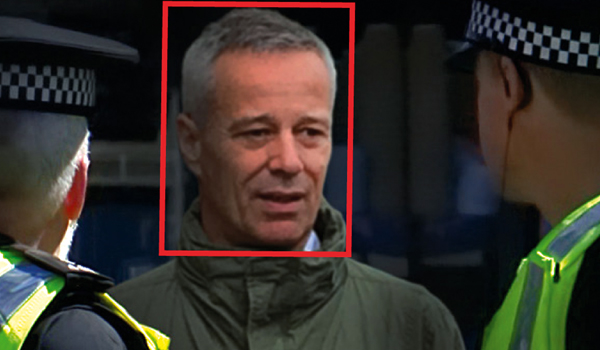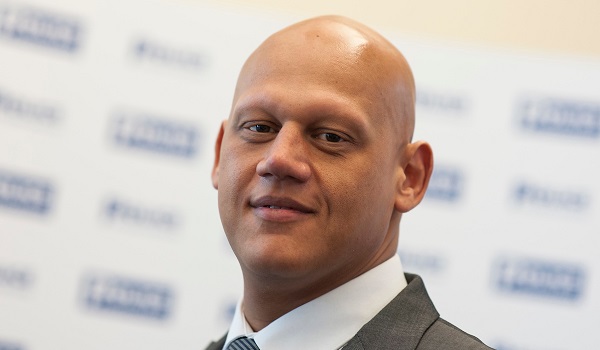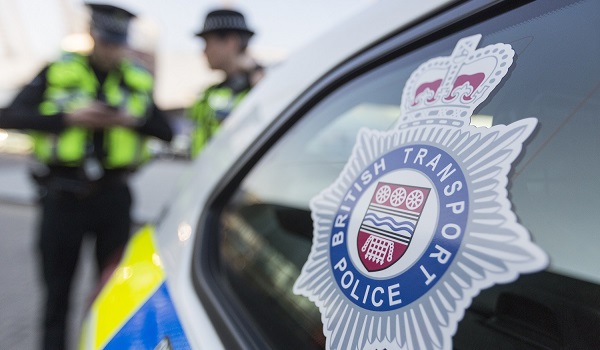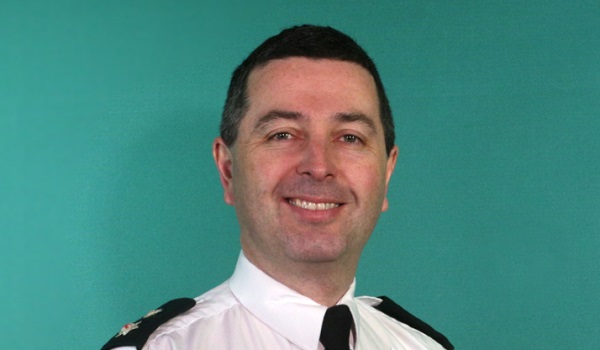New framework sets out conditions for facial recognition deployment
The Metropolitan Police Service (MPS) will conduct two independent evaluations before it makes use of live facial recognition (LFR) technology after the Ethics Panel for London set out five conditions for its appropriate use.
The force has trialled the technology on ten occasions, most recently in Romford town centre in February when individuals were checked against a database of people wanted by the MPS and courts for violence offences.
However, LFR remains controversial with a court case currently challenging South Wales Police use of the technology and new bans being imposed in the US.
There has also been research which shows facial recognition algorithms unfairly discriminate black faces and struggle to capture majority-races as effectively as minority-races, indicating that the technology may be fundamentally flawed.
Building on recommendations made last year, the panel said it would be able to support the technology being used by the MPS if the following conditions were met:
The overall benefits to public safety must be great enough to outweigh any potential public distrust in the technology;
It can be evidenced that using the technology will not generate gender or racial bias in policing operations;
Each deployment must be assessed and authorised to ensure that it is both necessary and proportionate for a specific policing purpose;
Operators are trained to understand the risks associated with use of the software and understand they are accountable; and
Both the MPS and the Mayor’s Office for Policing and Crime develop strict guidelines to ensure that deployments balance the benefits of this technology with the potential intrusion on the public.
The panel issued a framework for the MPS to use when addressing any ethical concerns about the technology’s deployment. It contains 14 questions the MPS must ask regarding engagement, diversity and inclusivity before going to trial.
A survey asked 1,000 Londoners about their attitudes to the technology and 57 per cent felt police use was acceptable but this rose to 83 per cent when the criminal being sought was a serious offender.
More than a third felt there were issues about privacy regarding its deployment.
MPS Detective Chief Superintendent Ivan Balhatchet said: “We are pleased to see that more than half of those who completed the survey felt that the use of LFR is acceptable and would make them feel safer at an event where the technology was deployed. However, we fully accept that views vary amongst different community groups and some have concerns regarding their privacy.”
The force will also conduct two independent technical evaluations, and the Ethics Panel has said it does not recommend the force carries out any more trials until it has reviewed the results of these independent evaluations and is confident it can meet its conditions.
Dr Suzanne Shale, who chairs the London Policing Ethics Panel, said: “Our report takes a comprehensive look at the potential risks associated with the Met’s use of live facial recognition technology. Given how much of an impact digital technology can have on the public’s trust in the police, ensuring that the use of this software does not compromise this relationship is absolutely vital.
“To reduce the risks associated with using facial recognition software, our report suggests five steps that should be taken to make sure the relationship between the police and the public is not compromised. We will be keeping a close eye on how the use of this technology progresses to ensure it remains the subject of ethical scrutiny.”
Deputy Mayor for Policing and Crime, Sophie Linden, said: “I welcome this extensive report into the potential implications of facial recognition software, and the recommendation that this technology should only be deployed by the police after five conditions are met – including strict new guidelines.
“We will continue to work closely with the Met and ensure the panel’s recommendations are addressed before further deployment.”
Mr Balhatchet added: “We want the public to have trust and confidence in the way we operate as a police service and we take the report’s findings seriously.
“The MPS will carefully consider the contents of the report before coming to any decision on the future use of this technology.”






